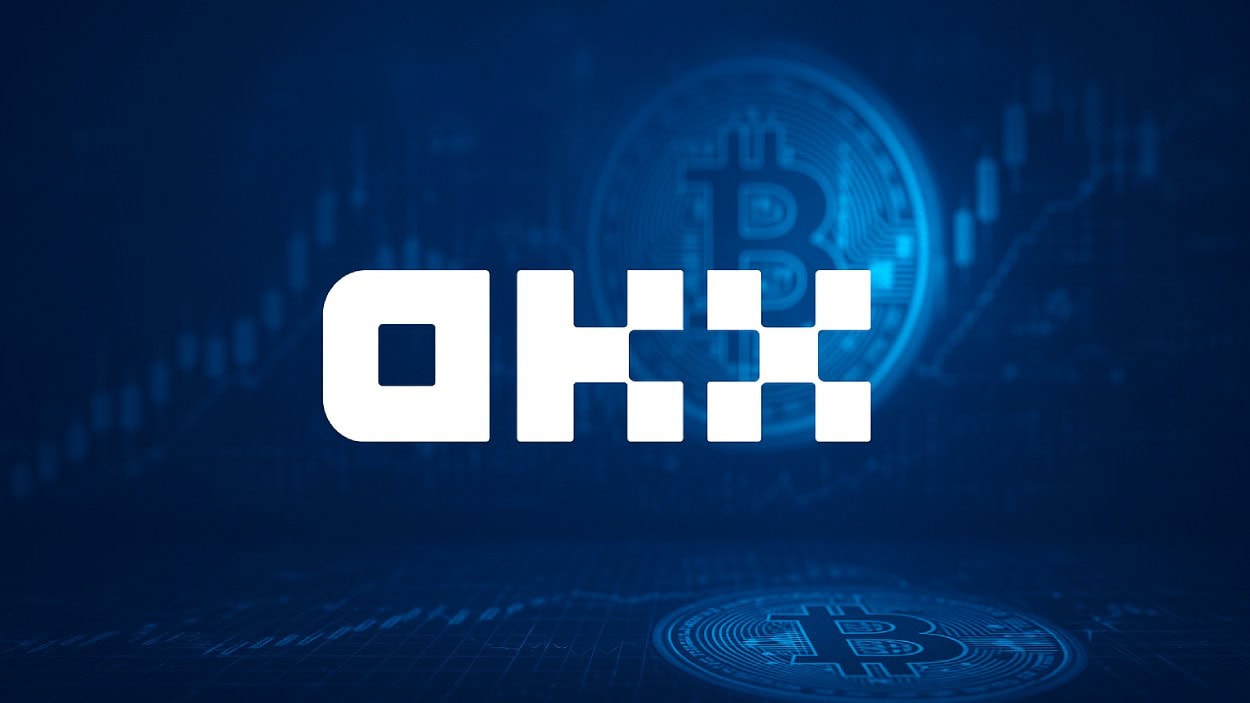One of the world’s largest crypto exchanges, OKX, built a decentralized perpetuals trading platform in 2023 but chose not to launch it publicly due to fears over U.S. regulatory backlash.
Key Takeaways
- OKX’s Web3 arm developed a decentralized perps DEX similar to Hyperliquid but halted its mainnet launch due to regulatory risks.
- The decision was influenced by the U.S. Commodity Futures Trading Commission’s enforcement actions in 2023 against projects like Deridex.
- Despite rising market interest in onchain perps, OKX has opted to wait for more legal clarity before launching.
- Recent U.S. regulatory shifts and crypto-friendly policies may pave the way for future decentralized offerings.
What Happened?
In a recent post on X, OKX founder and CEO Star Xu revealed that the exchange’s Web3 division had quietly built and tested a decentralized perpetuals exchange in 2023. Despite having a working product, the team opted not to push it to mainnet, citing concerns over U.S. regulations and past crackdowns by authorities like the CFTC.
Hyperliquid proved that massive success in onchain perps can be achieved with very few employees. Now, more competitors like $Aster are stepping into the space. OKX Web3 has been testing a similar product since 2023, but we chose not to launch mainnet due to regulatory concerns.…
— Star (@star_okx) September 21, 2025
OKX’s Perps DEX Plans Put on Hold
OKX had joined the growing interest in decentralized perpetuals by building a platform akin to Hyperliquid, a rising DeFi star that launched in 2024. The platform was reportedly complete and had undergone internal testing. Xu stated:
His remarks came in response to the massive success of Hyperliquid and newer entrants like ASTER. Hyperliquid, despite having a lean team, reported $319 billion in trading volume in July 2025. ASTER, backed by CZ-linked YZi Labs, logged over $22 billion in the past 30 days alone, according to DefiLlama.
While these platforms thrived, OKX exercised caution, holding back a fully developed product because of the U.S. regulatory climate.
The Deridex Precedent and CFTC Enforcement
Xu pointed to the 2023 enforcement actions by the U.S. Commodity Futures Trading Commission (CFTC) as a major reason for delaying OKX’s product launch. That year, the CFTC charged Deridex with illegally offering digital asset derivatives without registering as a swap execution facility or futures commission merchant.
Two other protocols, Opyn and ZeroEx, were also penalized for offering leveraged and margined crypto products to retail users without appropriate licensing or anti-money laundering measures. Notably, Deridex was also cited for failing to exclude U.S. users.
“While we celebrate the growth of onchain perps, we should not forget the CFTC enforcement against Deridex in 2023. Regulatory enforcement has fundamentally shifted,” Xu warned.
OKX’s Own Regulatory Challenges
OKX itself has not escaped scrutiny. In February 2025, the exchange pleaded guilty to violating U.S. anti-money laundering laws and agreed to pay over $504 million in penalties. This backdrop likely influenced the company’s cautious approach to launching a new decentralized trading product.
Shifting Regulatory Winds in the U.S.
A new wave of crypto-friendly regulatory sentiment has emerged in the U.S. under the Trump administration, which began in January 2025. The administration has championed blockchain innovation and more transparent rules for digital assets.
Key developments include:
- The Digital Asset Market Clarity Act of 2025, which proposes shared oversight between the SEC and CFTC.
- The establishment of a Joint Advisory Committee on Digital Assets, which will issue findings both regulators must respond to.
- A revised Responsible Financial Innovation Act, offering protections for DeFi developers, validators, and infrastructure contributors.
- The CFTC’s expansion of its Digital Asset Markets Subcommittee, adding industry leaders from Uniswap Labs, Chainlink Labs, and Aptos Labs.
These steps could help legitimize decentralized protocols and provide a clear legal path for platforms like OKX’s perps DEX to eventually launch.
CoinLaw’s Takeaway
In my experience covering crypto regulation, what OKX did here is smart. They had the tech ready, saw the booming demand for onchain perps, and still decided to pause. That’s not fear. That’s strategic patience. And now, with the U.S. government finally starting to build more crypto-friendly frameworks, OKX is well-positioned to jump in when the time is right. Honestly, it’s a reminder that sometimes sitting out can be a power move, especially when regulators are watching closely.


































